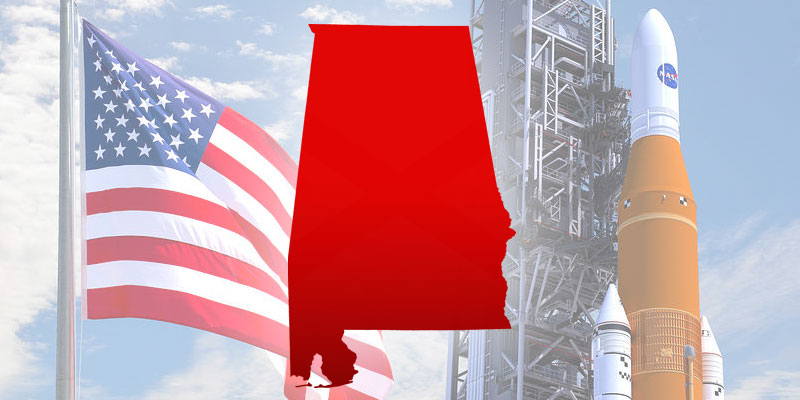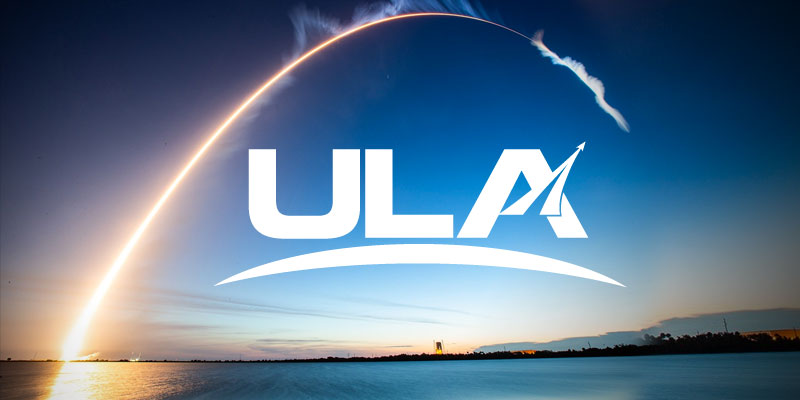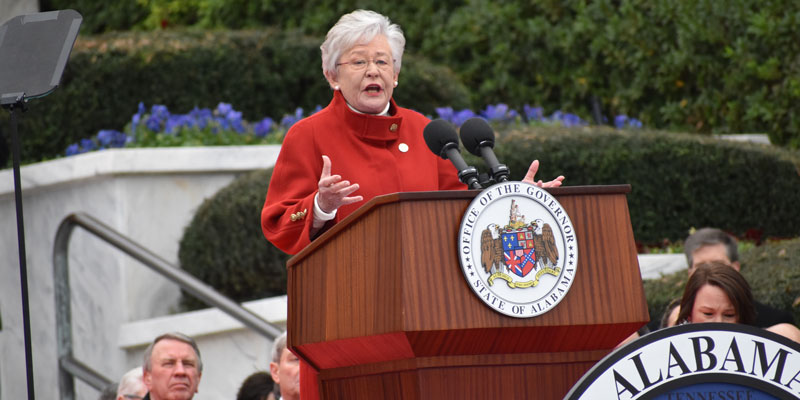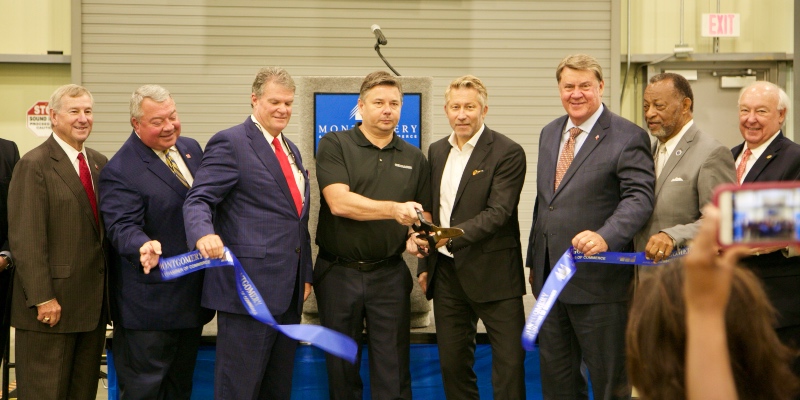Since the very beginning of America’s foray into space, Huntsville has been the city behind some of the greatest technological advances the world has ever seen. From the Apollo program landing the first humans on the moon to present-day rocket technology that launches satellites for the National Reconnaissance Office, we have shown the world the strength of Alabama engineering and manufacturing.
While the Marshall Space Flight Center is widely recognized as the epicenter of space activity, important drivers of the aerospace industry can be found all around the state. More than 300 aerospace and defense companies call Alabama home and employ over 61,000 across the industry. Their ingenuity and manufacturing strength have led to over $8 billion in defense contracts in recent years.
Those of us who live in Alabama feel the economic impact directly. Whether you work for NASA, a big aerospace company, or a small business that builds tools and parts, you know that rockets mean jobs. And the impacts of Alabama-built rockets extend far beyond the jobs that put satellites and astronauts into orbit. The effects can be seen at thriving local businesses including restaurants and retail stores.
Space tourism is also an important part of this equation. The U.S. Space and Rocket Center, Space Camp and even the Blooming Rockets at the Huntsville Botanical Garden bring visitors from around the world to our community. It is no surprise that Huntsville was featured as one of the 52 places to travel in 2019 by The New York Times. Our spaceflight heritage is synonymous with Huntsville’s nickname – Rocket City.
Now, we are watching as Alabama’s space legacy continues to grow.
Several years ago, Congress challenged the American aerospace industry to design a new rocket for national security. This rocket would need to be able to perform more complex missions and have an American-made engine – replacing the Russian built RD-180.
United Launch Alliance (ULA), which currently builds the Atlas and Delta rockets in Decatur, decided to rise up to the challenge and build this next generation rocket – the Vulcan Centaur – here in Alabama.
Through the Air Force’s competitive procurement process for this next generation rocket, two companies will be chosen for future national security space launches.
If the Vulcan Centaur, which is currently being built in Decatur, is chosen, it has the potential to power both launches and the state’s economy. Nearly 200 supplier companies from across the state work with ULA to produce their rockets – creating an economic impact of $285 million.
One thing is clear – a win for the Vulcan Centaur rocket is a win for Alabama.
Just last week, we got a first look at the robotic welders in the Decatur. Using state of the art manufacturing techniques like this, Alabama is leading the pack when it comes to innovation that supports our national security.
As the Air Force assesses rocket development for the next generation of national security space launches, the competition has been heating up and Congressional leaders have been working to slow down and change the competition for rocket companies in their home states.
However, Washington should not be playing politics with our national security. America needs the most capable rocket. A rocket built by Alabamians in a city that has a storied history of advances in space.
Alabama has been the backbone of national security space launch for generations, and if ULA’s Vulcan Centaur is chosen by the Air Force, we will continue that strong tradition.
Jeremy Nails is president and CEO of the Morgan County Economic Development Association and John Seymour is president and CEO of the Decatur-Morgan County Chamber of Commerce.













